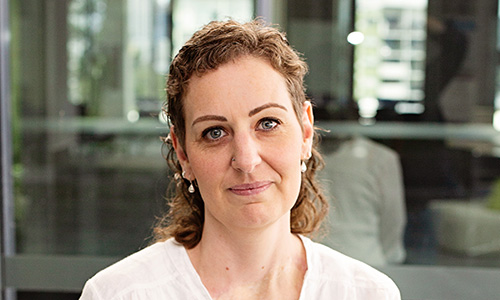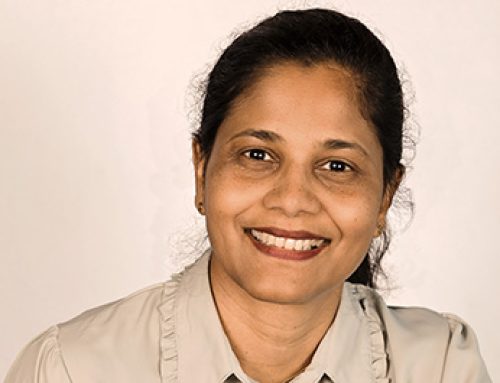An Evaluation of the Smoking Cessation Program – Quitline Queensland
By Remai Mitchell, AusHSI PhD Scholar

My PhD project is evaluating current services offered through Quitline, the Queensland Government Department of Health’s telephone-based smoking cessation service, against potential or existing alternative models of service for people seeking support to quit smoking in Queensland.
My background includes lived experience of disadvantage. Growing up, I was ignorant to how poverty impacted every aspect of my health and wellbeing, and I had no idea that other people didn’t live with limited access to resources as I did. I was interested in women’s health, so started my career as a community midwife in New Zealand, and later worked in a hospital servicing a large catchment of low-socioeconomic populations.
These personal and professional experiences led to an interest in health equity. I completed a postgraduate diploma in midwifery and decided to pursue a career in research, my goal being to contribute to reducing barriers to healthcare for those who may be unaware that these barriers even exist.
For the past few years at AusHSI, I’ve been managing a clinical trial with the Cough and Airways Research Group under Professor Anne Chang. When the PhD opportunity with Quitline came up, it felt like the perfect fit. Focusing on preventable public health determinants, my research has the potential to influence services and improve health outcomes for vulnerable populations.
Smoking increases financial hardship and inequality, burdens health and shortens life, and prevalence across Australia has not substantially declined in the past decade. My project aims to reduce smoking in Queensland by supporting Quitline users to successfully quit smoking through improved uptake and engagement with the service. My mixed-methods research includes a Discrete Choice Experiment (DCE). My DCE will include focus group interviews and online surveys with adults who smoke, as well as health care providers, to produce qualitative and quantitative data on preferences for smoking cessation services.
I’ll be using Implementation Science to evaluate the effectiveness of smoking cessation interventions, the contextual factors that influence success, and how interventions can be tailored to meet the diverse needs of the population. Implementation science focuses on bridging the gap between research and real-world application. Translating research outcomes into effective, widespread, and sustainable practices that can be applied by healthcare services, researchers, and the community is critical to improving smoking cessation services and reducing smoking prevalence.
My PhD excites me because the results of my research have the potential to contribute to improving public health and quality of life, reducing healthcare costs, and preventing deaths caused by smoking.







